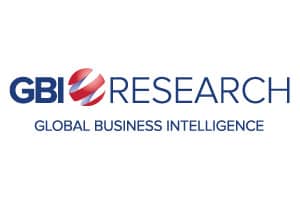 The neurodegenerative disorders market is set to see a sharp spike in growth from next year to hit sales of $45bn by 2022, according to a new report.
The neurodegenerative disorders market is set to see a sharp spike in growth from next year to hit sales of $45bn by 2022, according to a new report.
Analysts at GBI Research expect the therapy area to achieve an annual growth rate of 7.2% over the next five years, almost doubling 2015’s revenue total of $27.2bn.
The majority of this growth is expected to take place from 2018, when a plethora of late-stage products are due to be submitted for regulatory approval. Among these, are Roche’s Ocrevus (ocrelizumab) for multiple sclerosis (MS) and Celgene’s ozanimod for relapsed MS, with both firms predicted to become major market players.
Meanwhile, Teva is expected to lose its dominant position in the therapy area. Its Copaxone (glatiramer acetate) brand is currently the highest-selling product in the market, despite slowly losing revenue to generic competition following its 2014 patent expiry.
Teva’s drug brought in sales of $4bn in 2015, but this is forecast to decrease to around $2.5bn by 2020.
Qaisrah Khalid, an analyst at GBI Research, said: “There is a large pharmaceutical pipeline for neurodegenerative disorders, consisting of approximately 1,949 products in active development.
“The majority of pipeline products are novel active pharmaceutical ingredients, with only a small proportion of products being either generics or repositioned from other indications – most of which are at phase I.
“This indicates progress in terms of different molecules being developed as therapeutic agents within the neurodegenerative pipeline.”
The findings also indicate that current key players, such as Biogen, Novartis and Sanofi, are set to maintain their market share in the area even in face of upcoming patent expirations for Biogen’s Tysabri (natalizumab) and Novartis’ Gilenya (fingolimod).
However, Gilenya, along with Sanofi’s Aubagio (teriflunomide) and Biogen’s Tecfidera (dimethyl fumarate), could lose ground in the MS market if Celgene is given the green light for its once-daily oral treatment ozanimod.
In a recent phase II trial for relapsed MS, Celgene’s S1P receptor modulator met its aim in reducing the number of MS lesions by week 24 and also showed a comparable adverse event profiling to the placebo group. Currently undergoing phase III trials, ozanimod is tipped to become a best-in-class for safety MS therapy.




